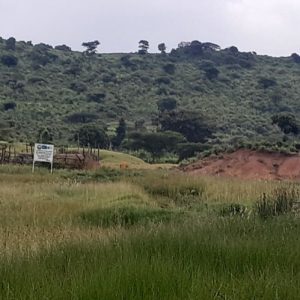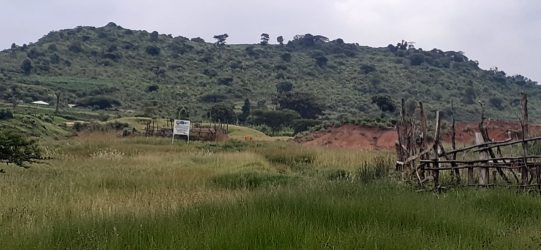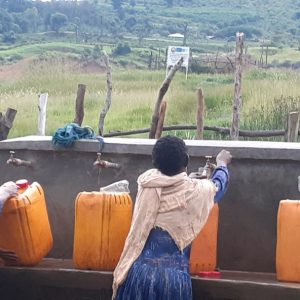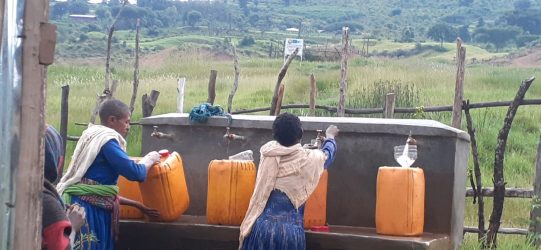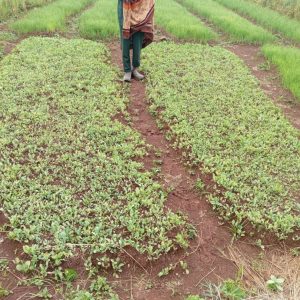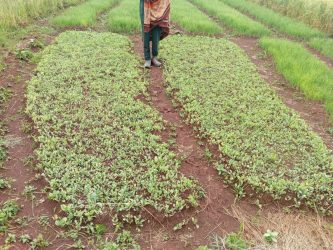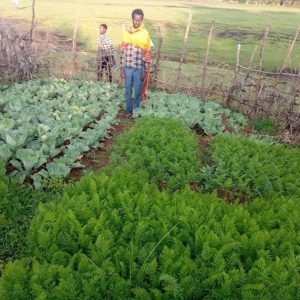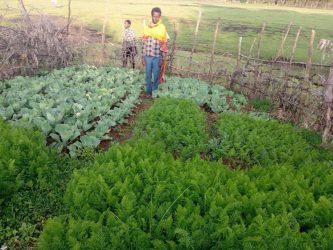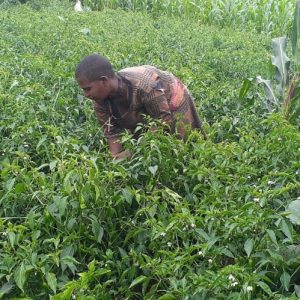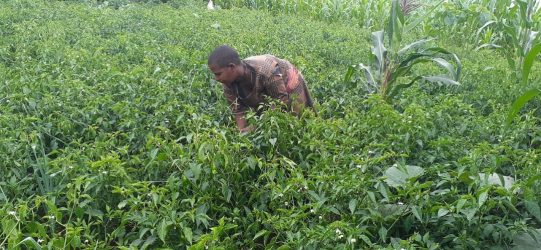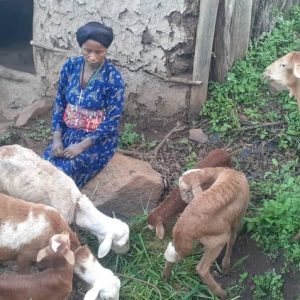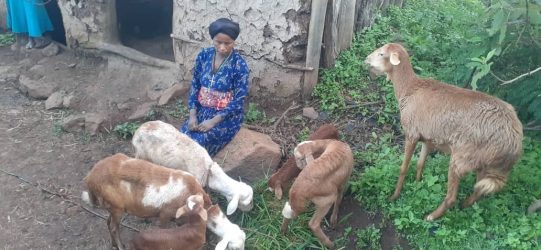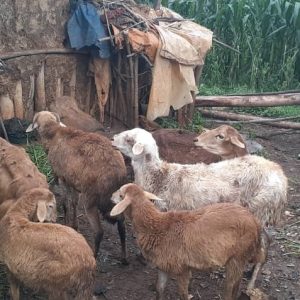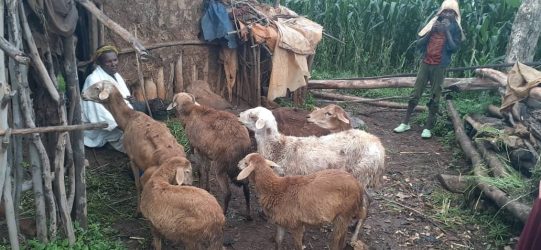When you support 400 small farmers, you feed 4,500 people

 100%
100%
collected on a goal of 18,000 €
Project funded
More details about this project
When you support 400 small farmers, you feed 4,500 people
Access to food and drinking water, and a decent income: Seed is committed to self-sufficiency. In Ethiopia, half the population lives below the poverty line. The economy of the country, one of the poorest in the world, is mainly focused on agriculture: coffee, legumes, teff grown as a cereal, potatoes and sugar cane. However, the crop is dependent on the climate and does not meet everyone’s needs.
We have to support sustainable solutions to solve this endemic food insecurity. Seed wants to support several hundred farmers, 310 women and 90 men located in the Amhara region in the north of the country, to improve their agricultural practices, provide access to drinking water and rehabilitate degraded farmlands.
This project will cover for:
– training in sustainable farming methods
– supplying vegetable seeds and livestock (sheep-goat hybrids and poultry)
– installation of a 12m3 water reservoir
– maintenance of ravines and degraded land
Total budget: €18,000
📢 Reminder: Seed is a unique international non-profit with NO management fees from your donation
€1 raised = €1 to support the project, and only the project
The achievement in image
Update Nov. 2025 / Thanks to your donations, we funded: - the installation of a 12 m3 drinking water tank, reducing water collection time from over an hour to just a few minutes - the rehabilitation of 90 hectares of land, including 17 hectares of active gullies and 73 hectares of severely degraded communal land. Physical and biological conservation techniques have stopped erosion, restored soil fertility, and promoted the return of vegetation. - the distribution of 92 hybrid animals (sheep-goats) to 37 women. In less than a year, the herd welcomed 181 lambs, 89 of which were sold, generating a cumulative income of 799,650 birr (approximately €4,500). This income enabled the beneficiaries to cover their basic needs (food, clothing, and their children's school fees).

